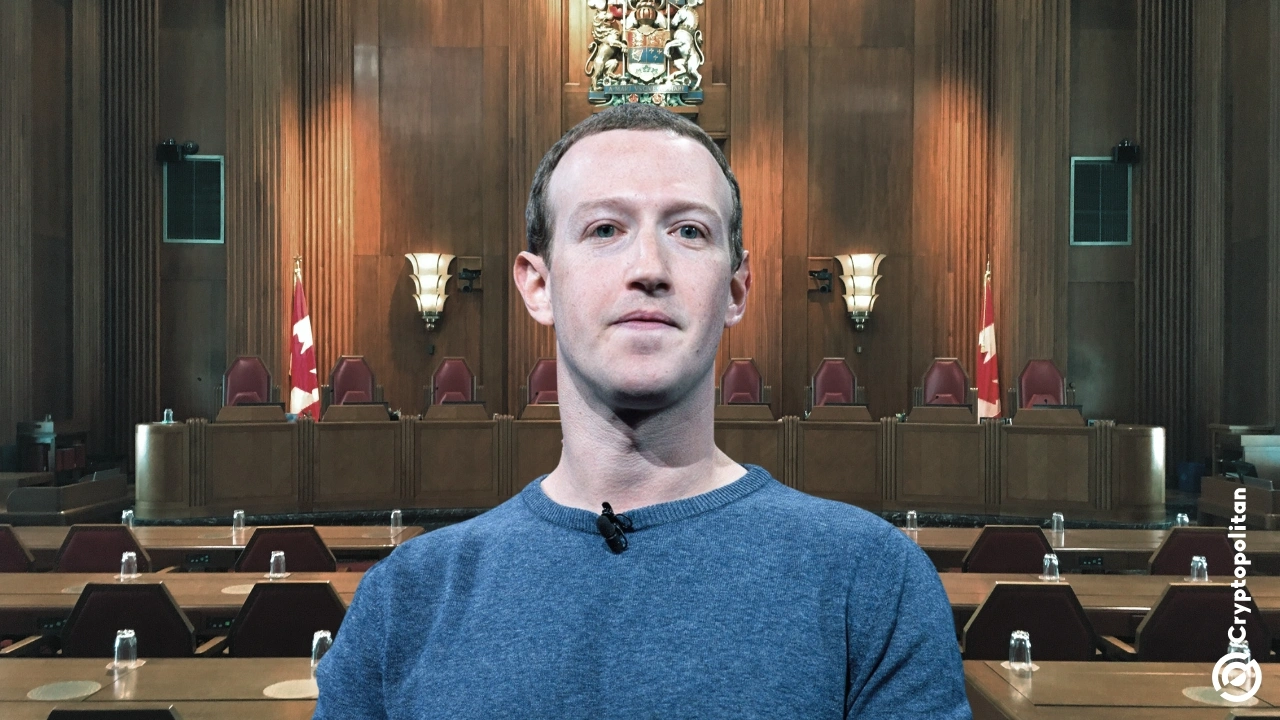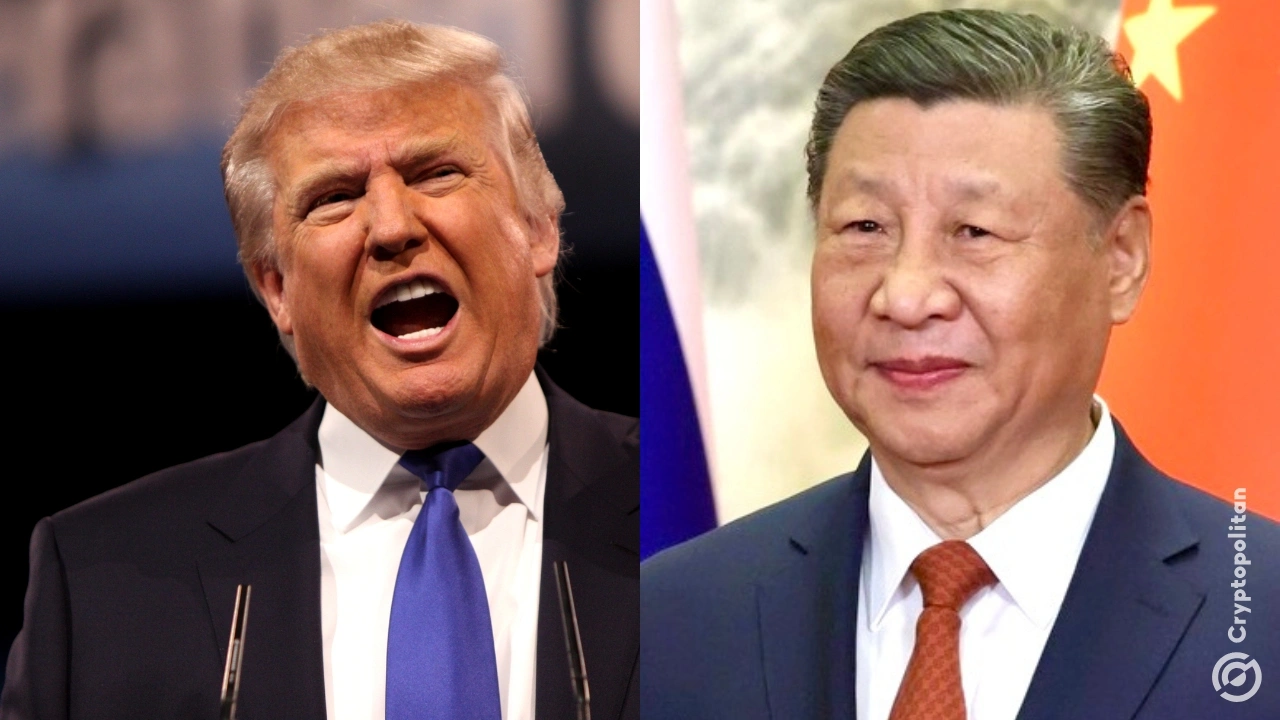Meta will go up against the US Federal Trade Commission (FTC) in a high-stakes antitrust trial. This case could lead to the company selling off Instagram and WhatsApp.
The Washington, DC, trial is scheduled to last a few weeks. It will be based on the FTC’s claims that Meta monopolizes the market for personal social networking sites.
New filing: "FTC v. Meta"
Doc #534: OrderPDF: https://t.co/IPXO0S9zVZ#CL18735353 pic.twitter.com/CP9tkbg7Bc
— Antitrust Cases Bot (@antitrust_bot) April 10, 2025
According to a court filing, CEO Mark Zuckerberg, former COO Sheryl Sandberg, Instagram co-founder Kevin Systrom, and other current and former Meta officials, as well as top executives from TikTok, Snap, and Google’s YouTube, will all testify.
The FTC says Meta shouldn’t have been allowed to buy Instagram for $1 billion in 2012 and WhatsApp for $19 billion in 2014. The agency wants those units to be sliced off from the Menlo Park, California, company.
On the other hand, Meta disagrees. Last week, it filed a pre-trial brief in which it repeated its claims that it is not a monopoly and that buying Instagram and WhatsApp did not hurt competition.
Meta will fight back against the rest of the FTC’s claims.
In 2020, the FTC sued Meta for antitrust violations, but in 2021, Judge James Boasberg of the US District Court in Washington dismissed the case, saying the FTC did not have enough proof to show that Facebook holds market power.
Even though the complaint was dismissed, the FTC filed an updated complaint in August 2021 with more information about the company’s user numbers and metrics compared to rivals like Snapchat, the now-defunct social network Google, and Myspace.
After reviewing the changes, Boasberg decided in 2022 that the case could go forward because the FTC had given more information than before.
Meta asked Boasberg to end the case in April of last year, but he said no. In November, he said that the company had to go to court. Boasberg did reject the FTC’s claim that Facebook limited third-party app developers access to its platform to keep its market dominance, which was a small win for Meta.
At the trial on Monday, the company is likely to fight back against the rest of the FTC’s claims. In a recent pre-trial brief, Meta’s lawyers said that the FTC doesn’t consider that the company competes with many others, such as TikTok, YouTube, and Apple’s iMessage.
However, the FTC’s main point is that the company has a monopoly on the market for personal social networking. They say that Meta’s apps, like Facebook and Instagram, are the only major alternatives that people use to stay up to date and talk to their friends and family in a shared social space online.
Some lawyers say that Trump’s choice of Ferguson could mean that the FTC is less strict on antitrust enforcement.
As part of a larger change in policy, Zuckerberg has tried to get along with the Trump government. Since January, the social media mogul is said to have met with the president at least three times. He also went to Trump’s inauguration and co-hosted a ball for the president in Washington.
Meta’s case will test the limits of the US’s antitrust rules regarding corporate mergers
A law professor at UC Berkeley Law named Prasad Krishnamurthy said that the trial will test the limits of the US’s antitrust rules regarding corporate mergers. It will be up to the FTC to show that Meta not only controls the whole social media market but also that its purchases of Instagram and WhatsApp “harmed competition.”
Krishnamurthy said, “It’s a big case because it involves Meta, a social media giant, and it involves one of the most important kind of markets in the world, the social media market […] It has big implications for something that consumers use as part of their daily life, Instagram and WhatsApp.”
Krishnamurthy said that this differing view of the market that Meta works in and competes in could be very important to the result of the case.
Antitrust cases often don’t lead to a market definition that is even close to how regular people or businesses in that market would describe it. This definition is often the one that ends up being used to make the decision.
Cryptopolitan Academy: Want to grow your money in 2025? Learn how to do it with DeFi in our upcoming webclass. Save Your Spot
















No comments yet